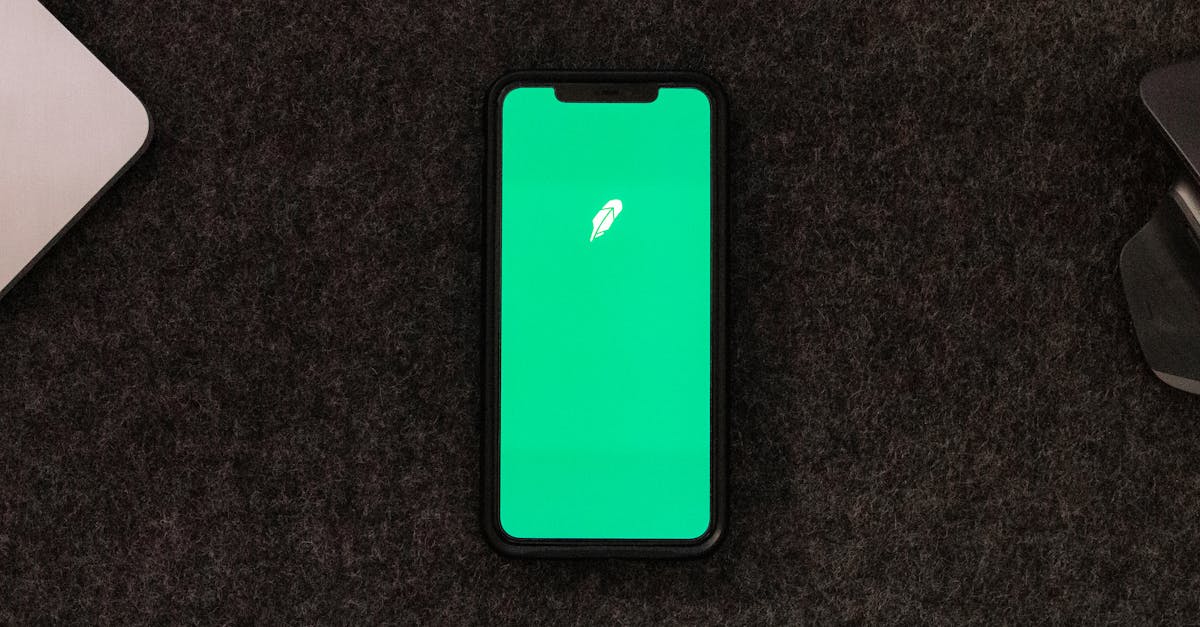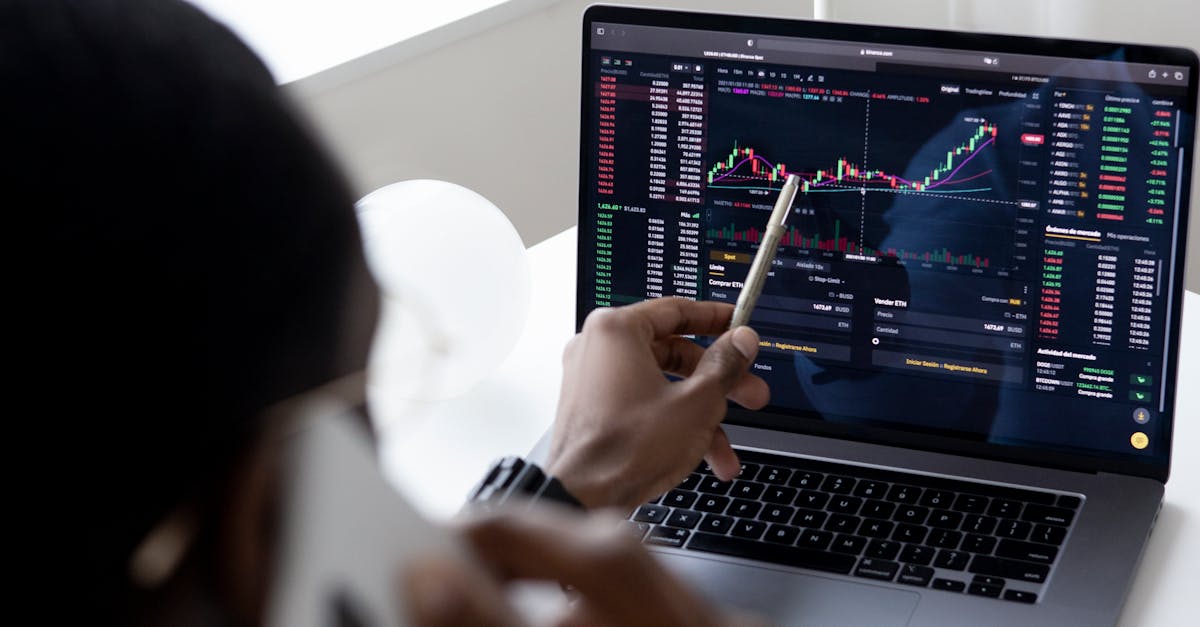In early 2021, the stock trading app Robinhood found itself at the center of a financial storm when it restricted trading on GameStop shares amidst a massive surge in retail investor interest. This decision sparked outrage among users and raised questions about market manipulation, transparency, and the role of trading platforms. In this article, we will explore the key events surrounding Robinhood’s actions during the GameStop frenzy, the implications for investors, and what it means for the future of trading apps.
| Event | Date | Details |
|---|---|---|
| GameStop Stock Surge | January 2021 | GameStop shares skyrocketed due to a short squeeze driven by retail investors on Reddit. |
| Robinhood Trading Restrictions | January 28, 2021 | Robinhood restricted purchases of GameStop shares, allowing only sales. |
| Public Outcry | Late January 2021 | Users expressed outrage on social media and called for accountability. |
| Congressional Hearing | February 18, 2021 | Robinhood’s CEO was called to testify before Congress regarding the trading restrictions. |
| Legal Consequences | Ongoing | Robinhood faced multiple lawsuits from users and investigations from regulatory bodies. |
| SEC Review | 2021 | The Securities and Exchange Commission began reviewing Robinhood’s practices. |
| Market Impact | 2021 | The incident raised questions about market manipulation and trading app regulations. |
GameStop Stock Surge
In January 2021, GameStop, a struggling video game retailer, became the focus of a massive short-selling campaign by hedge funds. Retail investors, particularly those on the subreddit r/WallStreetBets, banded together to buy shares of GameStop, driving the price from around $20 to an astonishing $483 at its peak. This unprecedented surge was fueled by a short squeeze, where investors who had bet against the stock were forced to buy shares to cover their positions, further driving up the price.

Robinhood Trading Restrictions
On January 28, 2021, Robinhood made the controversial decision to restrict trading on GameStop shares. Users were only allowed to sell their shares, not buy them. This decision came amidst a surge in trading volume and volatility, leading many to question Robinhood’s motives. The restrictions were justified by Robinhood as a necessary measure to manage risk and meet clearinghouse requirements, but many users felt betrayed and manipulated.

Public Outcry
The restrictions sparked a massive public outcry, with users taking to social media platforms to voice their frustrations. Hashtags like #Robinhood and #GameStop trended on Twitter as users accused Robinhood of protecting hedge funds at the expense of retail investors. The situation escalated quickly, leading to protests and calls for accountability from Robinhood and its executives.

Congressional Hearing
In response to the growing controversy, Robinhood’s CEO, Vlad Tenev, was called to testify before Congress on February 18, 2021. During the hearing, he defended the company’s actions and asserted that the decision to restrict trading was made to protect customers and ensure market stability. Lawmakers questioned the fairness of the trading app’s practices and the potential implications for market integrity.

Legal Consequences
As a result of the trading restrictions, Robinhood faced multiple lawsuits from disgruntled users who claimed they suffered financial losses due to the app’s actions. Legal experts noted that these lawsuits could have significant implications for Robinhood’s business model and its future operations. The company also faced scrutiny from regulatory bodies, which began investigating its practices during the GameStop trading frenzy.

SEC Review
The Securities and Exchange Commission (SEC) initiated a review of Robinhood’s trading practices in the wake of the GameStop incident. The review aimed to determine whether Robinhood’s actions constituted market manipulation or violated any securities laws. This scrutiny highlighted the need for clearer regulations regarding trading apps and their responsibilities to users and the market.

Market Impact
The GameStop saga had far-reaching implications for the stock market and trading platforms. It raised important questions about market manipulation, the role of social media in trading, and the responsibilities of trading platforms like Robinhood. The incident prompted discussions among regulators about the need for updated regulations to protect retail investors and ensure a fair trading environment.

FAQ
What was the main reason for Robinhood’s trading restrictions on GameStop?
Robinhood restricted trading on GameStop shares due to increased volatility and a surge in trading volume. The company cited the need to manage risk and meet clearinghouse requirements as the primary reasons for these restrictions. However, many users felt that the move was designed to protect institutional investors over retail traders.
How did the public react to Robinhood’s actions?
The public reaction was overwhelmingly negative, with users expressing outrage on social media and calling for accountability from Robinhood. Many felt that the trading restrictions were unfair and aimed at protecting hedge funds at the expense of retail investors. This led to widespread protests and discussions about the ethics of trading platforms.
What legal actions did Robinhood face after the incident?
Following the incident, Robinhood faced multiple lawsuits from users who claimed they suffered financial losses due to the trading restrictions. These lawsuits raised questions about the company’s business model and practices. Additionally, Robinhood came under investigation by regulatory bodies, including the SEC, for its actions during the GameStop trading frenzy.
What impact did the GameStop incident have on trading regulations?
The GameStop incident prompted discussions among regulators about the need for updated trading regulations to protect retail investors. The situation highlighted the challenges posed by trading apps and the influence of social media on stock prices, leading to calls for clearer guidelines regarding market manipulation and trading platform responsibilities.
References: [SEC Official Website](https://www.sec.gov), [Congressional Hearing Transcripts](https://www.congress.gov), [Market Manipulation Overview](https://www.investor.gov).

